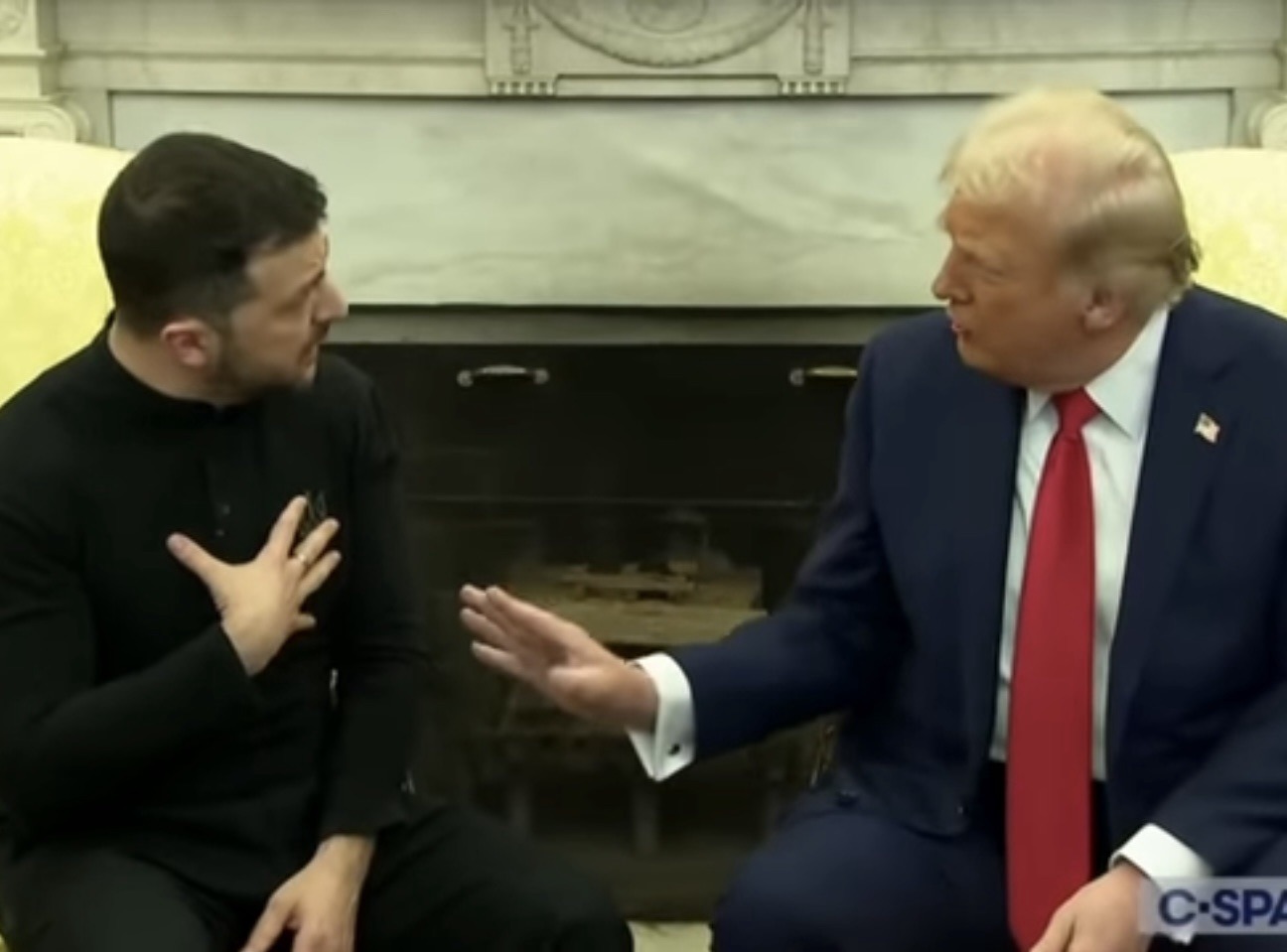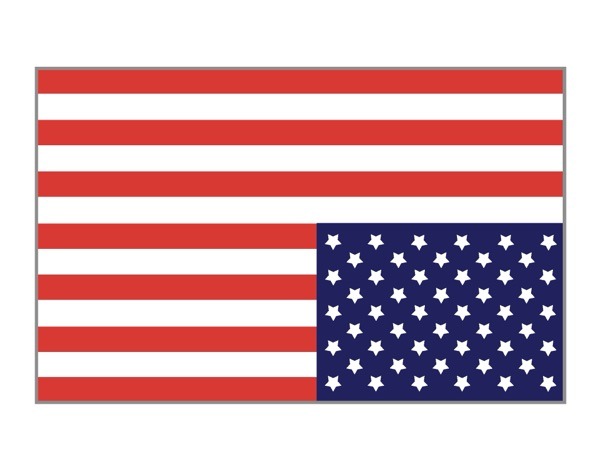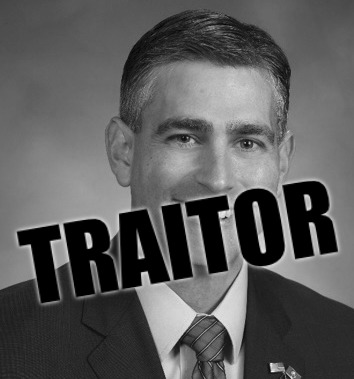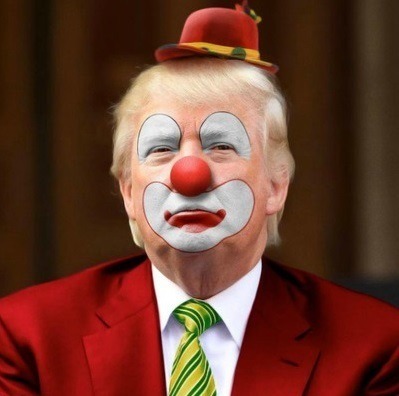Following a contentious meeting at the White House between U.S. President Donald Trump and Ukrainian President Volodymyr Zelensky, leaders from around the world have taken to social media to express their support for Zelensky and Ukraine. The Oval Office encounter, marked by heated exchanges and an abrupt end, has prompted a wave of international solidarity with Ukraine.
French President Emmanuel Macron emphasized the importance of supporting Ukraine, stating, “There is an aggressor which is Russia. There is an aggressed people which is Ukraine.” Macron’s remarks underscore France’s commitment to standing by Ukraine in the face of Russian aggression.
European Commission President Ursula von der Leyen and European Council President Antonio Costa issued a joint statement addressing Zelensky directly: “Be strong, be brave, be fearless. We will continue working with you for a just and lasting peace.” This message reflects the European Union’s unwavering support for Ukraine’s sovereignty and territorial integrity.
Lithuanian President Gitanas Nausėda shared a message of solidarity, declaring, “Ukraine, you’ll never walk alone.” Similarly, Spanish Prime Minister Pedro Sánchez affirmed, “Ukraine, Spain stands with you.” These statements highlight the broad European consensus in backing Ukraine during this challenging period.
German Chancellor Olaf Scholz reiterated support for Ukraine, emphasizing the need to distinguish between aggressor and victim in the conflict. German Foreign Minister Annalena Baerbock added that Kyiv’s “quest for peace & security is ours,” signaling Germany’s alignment with Ukraine’s pursuit of peace.
Polish Prime Minister Donald Tusk addressed Ukrainians directly, stating, “Dear Ukrainian friends, you are not alone.” Poland’s historical and geographical proximity to Ukraine underscores its vested interest in supporting its neighbor against external threats.
European Union High Representative for Foreign Affairs Kaja Kallas commented on the broader implications of the U.S.-Ukraine tensions, suggesting that “the free world needs a new leader” and proposing that Europeans take up this mantle. This reflects concerns about the current U.S. administration’s commitment to traditional alliances.
In response to the international support, President Zelensky expressed gratitude, stating, “Thank you, America,” and emphasizing Ukraine’s pursuit of a just and lasting peace. His message reflects appreciation for the continued support from global allies.
The global outpouring of support highlights a unified stance among many nations in backing Ukraine’s sovereignty and condemning any actions perceived as undermining its leadership. This international solidarity serves as a counterbalance to the recent tensions observed during the White House meeting.
As the situation continues to develop, the global community’s reactions underscore the importance of diplomatic engagement and the need for cohesive strategies to address ongoing conflicts and support nations upholding democratic values.





